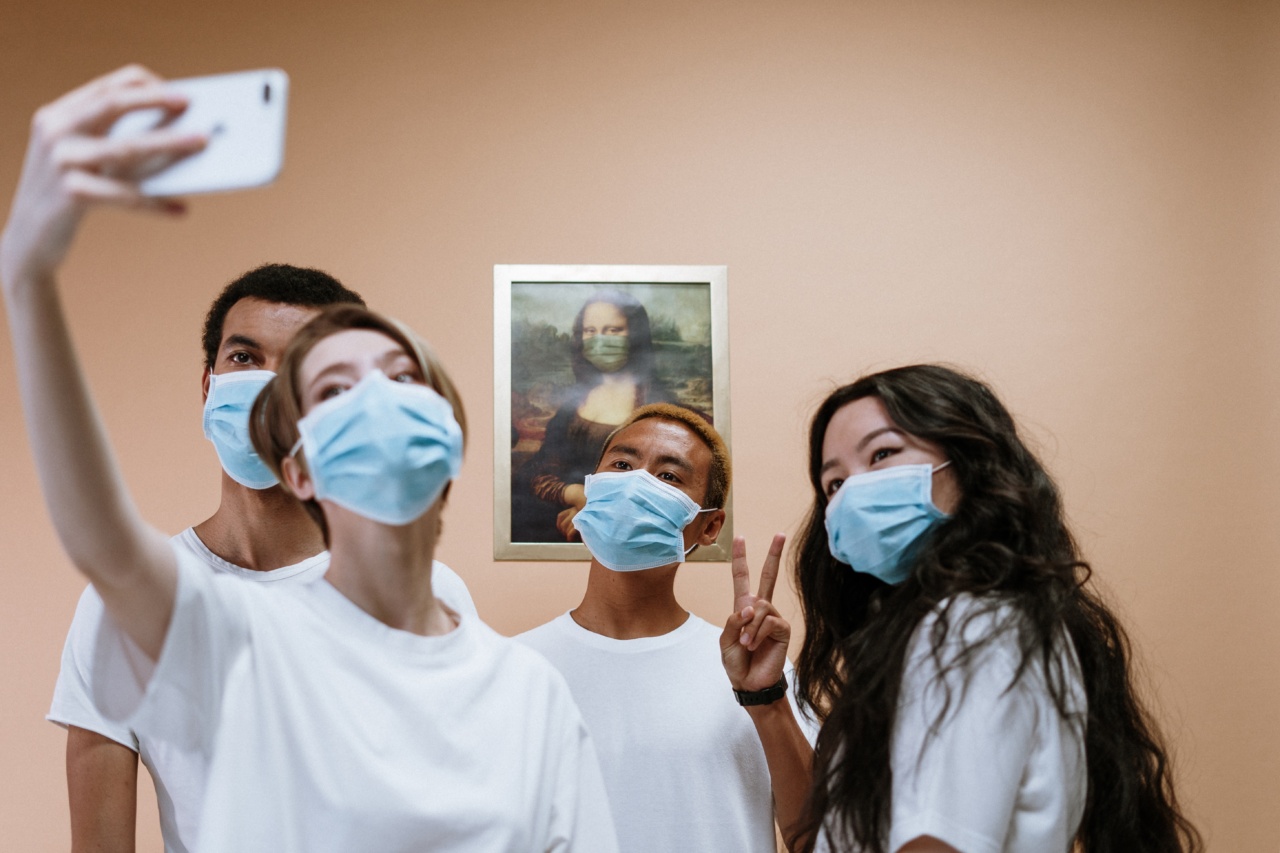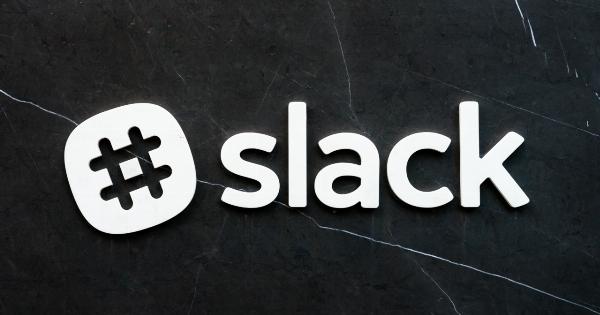Getting sick is an unfortunate reality of life. Whether it is a common cold, the flu, or a more serious medical condition, we all experience illness at some point. When you’re unwell, taking time off work to rest and recover is essential.
Fortunately, most workplaces offer sick leave to ensure employees can prioritize their health without worrying about their job stability or financial situation. However, there are instances when your illness may not be covered by sick leave, which can leave you in a difficult situation. In this article, we will explore what options you have when your illness isn’t covered by sick leave.
Understanding sick leave
Before we dive into the issue of illnesses that may not be covered by sick leave, it’s important to understand what sick leave is and why it is offered by employers.
Sick leave is a type of employment benefit that provides paid time off for an employee who is unable to work due to an illness, injury, or medical condition. This benefit is designed to protect employees from the financial hardship of taking time off work and allows them to recover without worrying about their income.
Sick leave policies vary widely depending on your employer and the country you reside in. In some cases, sick leave is treated as a separate category from other forms of paid time off, such as vacation or personal days.
Other employers may offer a more flexible approach, where employees have a certain number of combined paid time off days that can be used for any reason, including illness.
In general, sick leave is intended to cover temporary illnesses or injuries that prevent you from fulfilling your work duties.
It is typically not intended to cover chronic or long-term illnesses, unless they are acute flare-ups that require immediate medical attention and time off.
When your illness falls outside sick leave coverage
While sick leave is a valuable benefit, it does not cover every possible scenario. There are several situations where your illness may not be covered by sick leave. Let’s explore some of these scenarios:.
1. Non-qualifying medical conditions
Each employer defines the types of illnesses and medical conditions that are eligible for sick leave.
Some employers may have a specific list of qualifying conditions, while others may rely on the employee’s healthcare provider to certify the need for time off. If your illness does not fall within the predefined criteria, it may not be covered by sick leave.
2. Cosmetic procedures
Many employers do not consider cosmetic procedures, such as elective surgeries or non-medically necessary treatments, as eligible for sick leave. These procedures are often regarded as personal choices rather than medically required interventions.
3. Mental health conditions
Mental health conditions pose a unique challenge when it comes to sick leave coverage.
While some employers have started recognizing the importance of mental health and offer sick leave benefits for related conditions, many still do not explicitly include mental health in their sick leave policies. As a result, individuals with mental health conditions may have to find alternative solutions for taking time off work, such as using vacation days or exploring disability benefits.
4. Chronic illnesses
Chronic illnesses, by definition, involve ongoing medical treatments, management, and care. Sick leave is typically designed for short-term illnesses that resolve within a specific period.
If you have a chronic illness that requires regular time off or intermittent leave, you may need to explore other options, such as the Family and Medical Leave Act (FMLA) or short-term disability benefits.
5. Unrecognized symptoms or undiagnosed conditions
In some cases, individuals may experience symptoms that are not immediately recognized or attributed to a specific medical condition.
If your healthcare provider is unable to provide a conclusive diagnosis, your employer may be hesitant to grant sick leave. This can leave you in a challenging situation where you require time off but are unable to meet the sick leave criteria.
6. Exhausted sick leave entitlement
Another common issue that individuals may face is having exhausted their sick leave entitlement.
If you have recently taken time off due to illness or have a chronic condition that regularly requires sick leave, you may find yourself without any remaining sick leave days. In such cases, it’s important to explore alternative options, such as unpaid leave or disability benefits, if applicable.
7. Self-employed or gig workers
For those who are self-employed or work in the gig economy, sick leave may not be available as a formal benefit. Being your own boss often means you are responsible for managing your own time off and financial implications of illness.
It is crucial for self-employed individuals to plan for these scenarios by creating emergency funds or exploring insurance options that provide coverage for lost income during illness.
Alternative options when sick leave isn’t available
When your illness isn’t covered by sick leave, it can be stressful and challenging to navigate the situation. However, there are alternative options you can explore to ensure you prioritize your health and well-being:.
1. Vacation or personal days
If your employer offers separate vacation or personal days, you may be able to use them for illness-related time off.
While these days are typically intended for leisure or personal activities, they can provide a workaround when sick leave is not available.
2. Disability benefits
If your illness is expected to last a significant amount of time or limits your ability to work, you may be eligible for short-term disability benefits.
These benefits generally replace a portion of your income while you are unable to work due to a qualifying medical condition. However, eligibility criteria may vary depending on your location and employment status.
3. FMLA or other medical leave laws
If you work for a larger employer or in a country that provides specific medical leave protections, such as the Family and Medical Leave Act (FMLA) in the United States, you may be eligible for extended time off without pay.
FMLA allows eligible employees to take unpaid leave for up to 12 weeks per year for qualifying medical reasons, including their own serious health conditions.
4. Negotiate with your employer
If your illness does not fall within the sick leave policy but still requires time off, it may be worth having an open and honest conversation with your employer.
Depending on your relationship and their flexibility, they may be willing to accommodate your situation by granting unpaid leave, adjusting your work schedule, or exploring other possibilities to support your recovery.
5. Remote or flexible work arrangements
If your job allows for remote work or flexible hours, you may be able to continue working while managing your illness. This option is particularly helpful for individuals with chronic illnesses or conditions that have fluctuating symptoms.
Discussing these possibilities with your employer can help ensure you receive the necessary support while balancing your work responsibilities.
Importance of planning and preparation
Dealing with an illness that is not covered by sick leave highlights the importance of planning and preparation. Here are some proactive steps you can take to minimize the impact of potential future situations:.
1. Familiarize yourself with your employer’s policies
Understanding your employer’s sick leave policy is essential. Take the time to review the details of your benefits package and any applicable employment laws to know what illnesses are covered and what alternative options are available.
2. Maintain open communication with your employer
Building a strong relationship with your employer based on trust and open communication can be invaluable when facing an illness that falls outside of sick leave coverage.
Regularly updating your employer on your health status and seeking their guidance can help ensure a smoother process if the need for time off arises.
3. Create an emergency fund
Having a financial safety net in place can provide peace of mind during unexpected periods of illness. Aim to save a portion of your income regularly to create an emergency fund that can cover your expenses during time off work.
4. Explore disability insurance
If your country or employer does not provide disability benefits, consider exploring disability insurance options independently.
Disability insurance can offer income protection during illness or disability and can be a valuable asset, especially for those who are self-employed or have limited sick leave coverage.
Conclusion
Encountering an illness that is not covered by sick leave can be a challenging experience. However, by understanding your options and proactively preparing for such situations, you can navigate these challenges more effectively.
Remember to communicate openly with your employer, explore alternative leave options, and prioritize your health and well-being above all.































